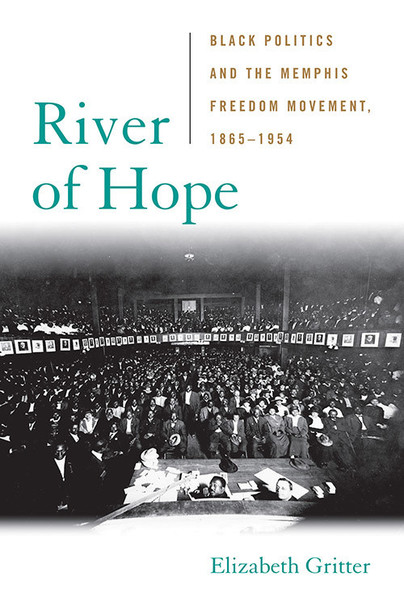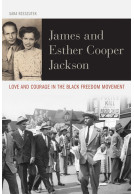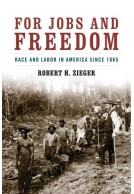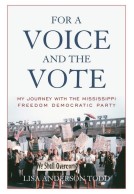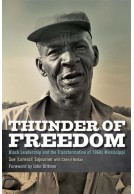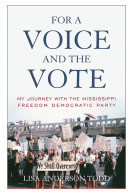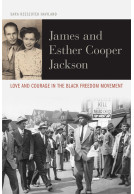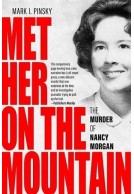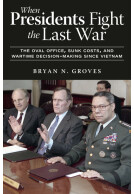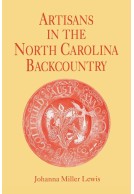River of Hope (Hardback)
Black Politics and the Memphis Freedom Movement, 1865--1954
Imprint: University Press of Kentucky
Series: Civil Rights and the Struggle for Black Equality in the Twentieth Century
Pages: 380
Illustrations: 30 b&w photos
ISBN: 9780813144504
Published: 17th February 2014
Script Academic & Professional
Series: Civil Rights and the Struggle for Black Equality in the Twentieth Century
Pages: 380
Illustrations: 30 b&w photos
ISBN: 9780813144504
Published: 17th February 2014
Script Academic & Professional
This book will be reprinted and your order will be released in due course.
You'll be £40.00 closer to your next £10.00 credit when you purchase River of Hope. What's this?
+£4.99 UK Delivery or free UK delivery if order is over £40
(click here for international delivery rates)
Order within the next 4 hours, 32 minutes to get your order processed the next working day!
Need a currency converter? Check XE.com for live rates
(click here for international delivery rates)
Order within the next 4 hours, 32 minutes to get your order processed the next working day!
Need a currency converter? Check XE.com for live rates
One of the largest southern cities and a hub for the cotton industry, Memphis, Tennessee, was at the forefront of black political empowerment during the Jim Crow era. Compared to other cities in the South, Memphis had an unusually large number of African American voters. Black Memphians sought reform at the ballot box, formed clubs, ran for office, and engaged in voter registration and education activities from the end of the Civil War through the Brown v. Board of Education decision of 1954.
In this groundbreaking book, Elizabeth Gritter examines how and why black Memphians mobilized politically in the period between Reconstruction and the beginning of the civil rights movement. Gritter illuminates, in particular, the efforts and influence of Robert R. Church Jr., an affluent Republican and founder of the Lincoln League, and the notorious Memphis political boss Edward H. Crump. Using these two men as lenses through which to view African American political engagement, this volume explores how black voters and their leaders both worked with and opposed the white political machine at the ballot box.
River of Hope challenges persisting notions of a "Solid South" of white Democratic control by arguing that the small but significant number of black southerners who retained the right to vote had more influence than scholars have heretofore assumed. Gritter's nuanced study presents a fascinating view of the complex nature of political power during the Jim Crow era and provides fresh insight into the efforts of the individuals who laid the foundation for civil rights victories in the 1950s and '60s.
Other titles in the series...
Other titles in University Press of Kentucky...







